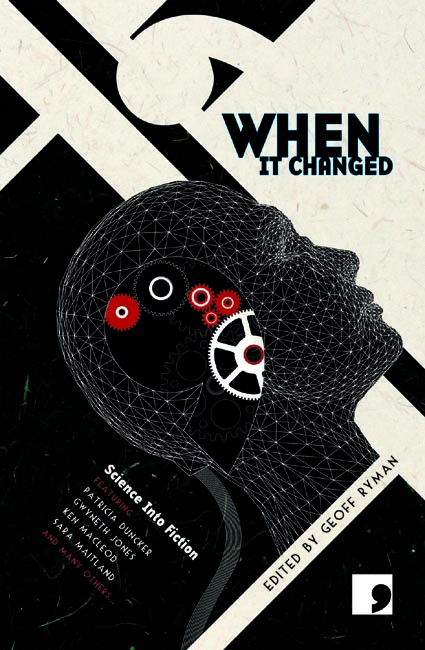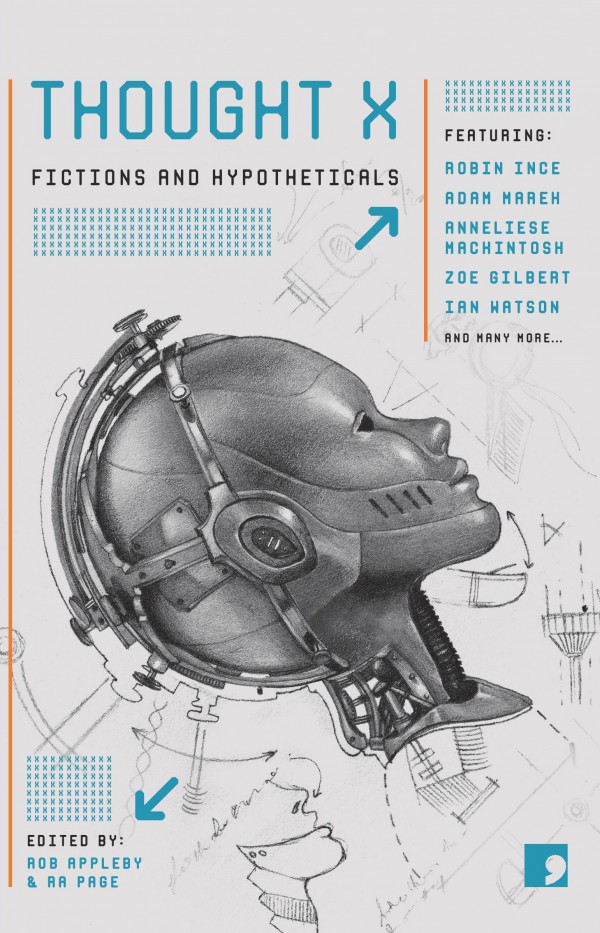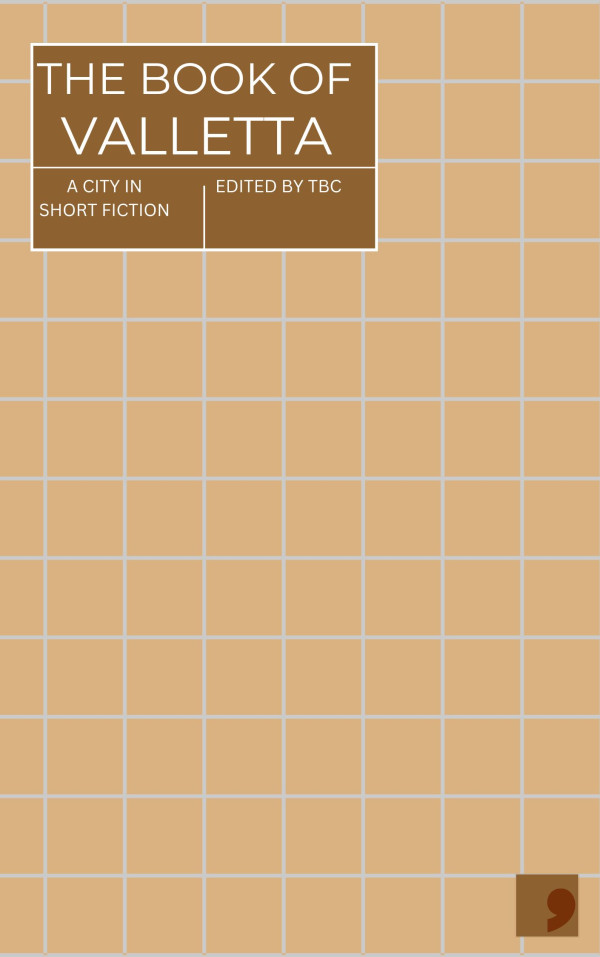When It Changed
Edited by Geoff Ryman
Featuring: Michael Arditti, Chaz Brenchley, Paul Cornell, Frank Cottrell-Boyce, Patricia Duncker, Simon Ings, Gwyneth Jones, Ken MacLeod, Sara Maitland, Adam Marek, Kit Reed, Adam Roberts, Justina Robson, Geoff Ryman & Liz Williams
Format: Paperback
Book type: Anthology
ISBN-13: 9781905583195
Published: 03 Dec 2009
About
How much of Science Fiction is genuine science? Take away the fantastical clichés of space-travel, time-travel and artificial intelligence, and how much of what remains accurately represents contemporary scientific thinking?
When It Changed is an attempt to put authors and scientists back in touch with each other, to re-introduce research ideas with literary concerns, and to re-forge the alloy that once made SF great. Composed collaboratively – through a series of visits and conversations between leading authors and practicing scientists – it offers fictionalised glimpses into the far corners of current research fields, be they in nanotechnology, invertebrate physiology, particle physics, or software archaeology. From Planck's Length (the smallest indivisible distance) to Plankton (potential saviours of the Earth's ecosystem), from virtual encounters between Witgenstein and Turing, to future civilisations torn asunder by different readings of the Standard Model, together these stories represent a literary 'experiment' in the true sense of the word, and endeavour to isolate a whole new strain of the SF bug.
Featuring science contributions from: Dr Andrew Bleloch, Dr Rob Appleby, Dr Jennifer Rowntree, Dr Richard Blake, Dr Kai Hock, Dr Vinod Dhanak, Emmanuel Pantos, Dr John Harris, Dr Matthew Cobb, Dr Tim O’Brien, Dr Steve Williams, Dr Sarah Lindley, Dr Steve Furber, Tim O’Brien and Dr Rein Ulijn.
Press
'Highly engaging and fascinating... this thought-provoking collection reminded me why I used to like science fiction so much... Eventually, one hopes, science fiction will regain its rightful place - as once again stranger than science.'
- The Guardian, 20 Dec 09.
'All hit, no miss... thought-provoking at worst, and stunning at best... shows that science can inspire anyone and everyone.'
– New Scientist, 5 Dec 09.
'Inspiring'
– THE, 19 Nov 09.
'A diamond of compression.'
– Financial Times, 20 Dec 09.
Also included in:
Also in this series:
More Anthologies like When It Changed:




